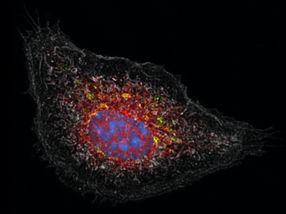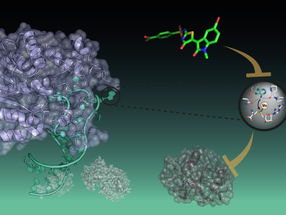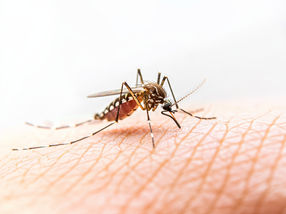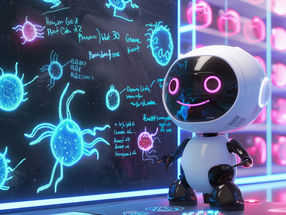GATC Biotech Sequences Pediatric Brain Tumors for the International Cancer Genome Consortium (ICGC)
GATC Biotech is going to sequence samples from brain tumors in children for the world’s largest cancer research project. The aim of the German PedBrainTumor Consortium within the ICGC is to develop innovative diagnostic methods and treatments in order to be able to provide children with therapies which have fewer side effects in future.
GATC Biotech sequences genomes from tumor tissues and the corresponding controls from healthy samples of the same patients. The complete genomes are sequenced with a 30-fold coverage to ensure reliable data assessment. The data will be supplied to the DKFZ in fall 2010. The order value is Euro 750,000.
“Brain tumors are the main cause of cancer deaths in childhood. Therapies with few side effects are urgently required to make it easier for the children to bear the taxing treatment. The PedBrainTumor Project will bring us a great deal further forward in the development of such therapies. GATC Biotech proved itself to be a reliable sequencing partner in the pilot phase of the project and so we are now continuing that successful collaboration,” comments Professor Peter Lichter, project leader and spokesman of the German ICGC group.
“We are fully aware of the importance of this project and our responsibility. We are very proud to be allowed to support the DKFZ within the framework of the PedBrainTumor project,” says Peter Pohl, CEO of GATC Biotech.
The PedBrainTumor Consortium, a German contribution to the International Cancer Genome Consortium (ICGC), will receive Euro 15 million from the German Federal Ministry for Education and Research (BMBF) and German Cancer Aid (Deutsche Krebshilfe e.V.) over five years. The project is managed by the German Cancer Research Center (DKFZ) and will investigate the molecular genetic causes of pediatric brain tumors. The scientists expect the results to provide starting points for new innovative therapies.
Most read news
Organizations
Other news from the department science

Get the life science industry in your inbox
From now on, don't miss a thing: Our newsletter for biotechnology, pharma and life sciences brings you up to date every Tuesday and Thursday. The latest industry news, product highlights and innovations - compact and easy to understand in your inbox. Researched by us so you don't have to.
























































